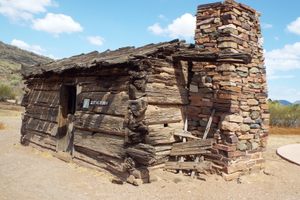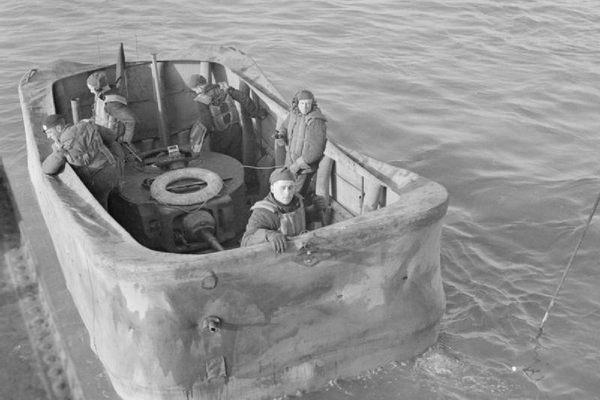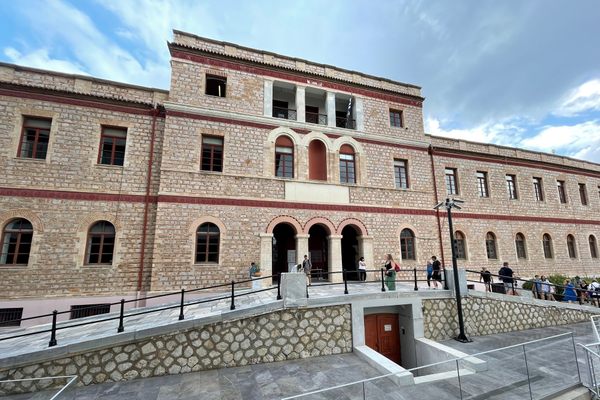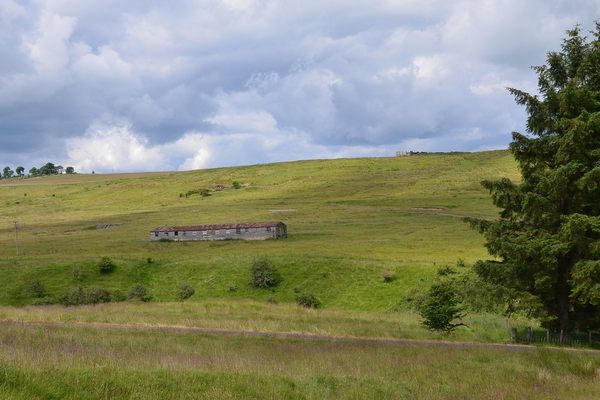About
In 1839 when Texas was still its own Republic, on its border with Louisiana, in a lawless patch of land, all hell broke loose. In Shelby County, a small memorial marker tells the tale.
Running along the western edge of Louisiana and eastern edge of Texas was a strip of land that no country claimed. Known as the Neutral Ground, the Neutral Territory, and the No Man's Land of Louisiana, for fifteen years from 1806 to 1821 it was outside the legal jurisdiction of any country. It was purposefully left this way as a result of disagreements between Spain and the U.S over the borders of the Louisiana Purchase. Rather than go to war over it, both the U.S. and Spain decided to declare the entire area Neutral Ground. In practice this meant that legally, anything went.
Criminals, political refugees, swindlers, deserters, and exiles of all stripes flocked to the no man's land. Thieves formed into large organized groups that had outposts in place in order to better rob travelers and avoid the military. Finally in 1821 the Adams–Onís Treaty was ratified and the border was settled. Of course the trouble with making a lawless land is that it's tough to put it the law back in. The stage was set for for the one of the bloodiest, if most boringly named, land feuds in U.S. history.
The back and forth of the Regulator-Moderator War is difficult to follow but basically went played out like this. The whole area of Shelby County, Texas once a part of the Neutral Zone was filled with hard men, with many guns, who were not used to being told by anyone else what not to do. This included stealing each other's cattle. The "Regulators" were formed to regulate these illegal activities. The "Moderators" did not care to be regulated and sought to moderate the Regulators into an early grave.
From 1839 to 1844 fights broke out across Shelby and neighboring counties. "It really appears to me as if society were about to dissolve itself into its original elements," wrote the secretary of state of the Republic of Texas in 1844. Houses were burned down. Men were shot while plowing their fields. Raids, rustling, and murders became common occurrences. The local courts were so bullied that trials could not be given. It was such a mess that president of the Republic of Texas Sam Houston thought that perhaps it would be best to just to stay out of it and let it descend into all out warfare. As he put it "I think it advisable to declare Shelby County, Tenaha, and Terrapin Neck free and independent governments, and let them fight it out."
Ultimately Houston didn't let them fight it out, but it took his active intervention to bring a halt to the violence. In 1844 troops were dispatched and the leaders of both sides were arrested and forced to negotiate an agreement to disband. By the end of the Regulator-Moderator War over 40 people had been killed.
While both sides fought alongside each other in the Mexican-American war, animosity between those involved lasted for generations. Three years after the supposed settlement of the war, a moderator invited a number of regulators to his daughter's wedding as a peace offering. He poisoned the drinks which sickened 60 and killed 10. The poisoner was then lynched. So much for a truce.
Related Tags
Published
August 10, 2016
Sources
- https://en.wikipedia.org/wiki/Regulator%E2%80%93Moderator_War
- https://en.wikipedia.org/wiki/Neutral_Ground_(Louisiana)
- https://tshaonline.org/handbook/online/articles/jcr01
- http://www.texasescapes.com/DEPARTMENTS/Guest_Columnists/East_Texas_all_things_historical/RegulatorModeratorWar1AMD101.htm
- http://www.legendsofamerica.com/tx-regulatormoderator.html
- http://www.shelbycountytexashistory.net/shelby1historymarkers.htm
- http://www.truewestmagazine.com/the-regulator-moderator-war/























